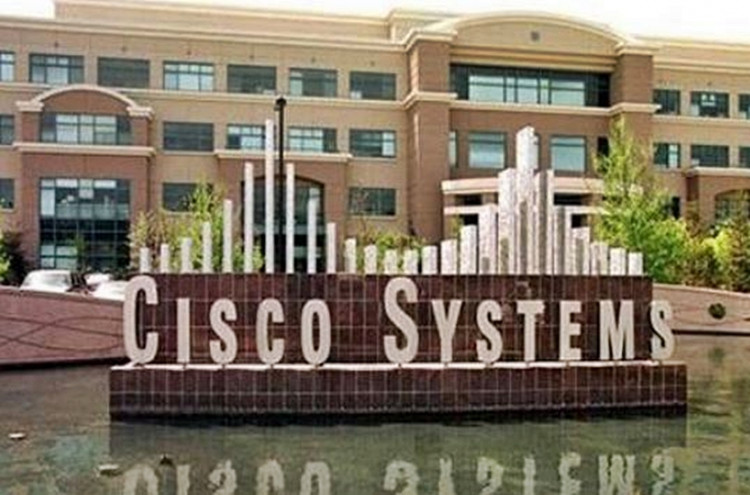California-based Cisco Systems, Inc, the world's largest networking company, says it will raise prices as a result of the ongoing trade war between the United States and China and will raise prices, even more, the longer this war goes on.
Cisco develops, manufactures and sells networking hardware, telecommunications equipment, and other high-technology services and products worldwide. It also has a massive presence in the Internet of Things (IoT) technologies.
Cisco has a huge presence in China, where it competes against its arch-rival, Huawei Technologies Co, Ltd. In 2015, Cisco invested more than $10 billion to expand its business in China along with local business partners.
Cisco CEO and chairman Chuck Robbins said his company will have to deal with the fallout from the trade war by passing on higher prices to its customers. He said the proposed tariffs "are across a lot of our core networking products, so it's fairly significant," in explaining the impact the ongoing trade war has on Cisco.
He said Cisco will have to deal with the deleterious effect of the trade war through pricing, just like it's done in the past. Most companies will turn to price increases to cope with the higher costs imposed by new tariffs, he said. Higher prices carry a cost and most tech firms like Cisco will just have to deal with this fallout.
Robbins said Cisco is optimizing its global supply chain to cut costs where it can while increasing efficiencies. It's also had talks with the Trump administration to help it understand the implications of tariffs on many of Cisco's products.
In a letter to the Trump administration, Cisco, Dell, Juniper Networks and Hewlett Packard Enterprise recently issued a last-minute appeal for the administration to remove important products from inclusion in a potential new round of tariffs.
The four tech giants wrote that tariffs on networking equipment will also increase prices for consumers and delay investments. The letter was addressed to U.S. Trade Representative Robert Lighthizer, an advocate for tougher sanctions on China.
In the letter, the four firms also tried to convince the administration of the potential damage that tariffs will have on research and development investments. Robbins believes the White House is listening to the concerns raised by the four tech giants.
Robbins hopes the U.S. and China can come to a favorable conclusion before the next round of tariffs is implemented, possibly as early as this month. He also said there needs to be a global basis where it is fair, open trade.






